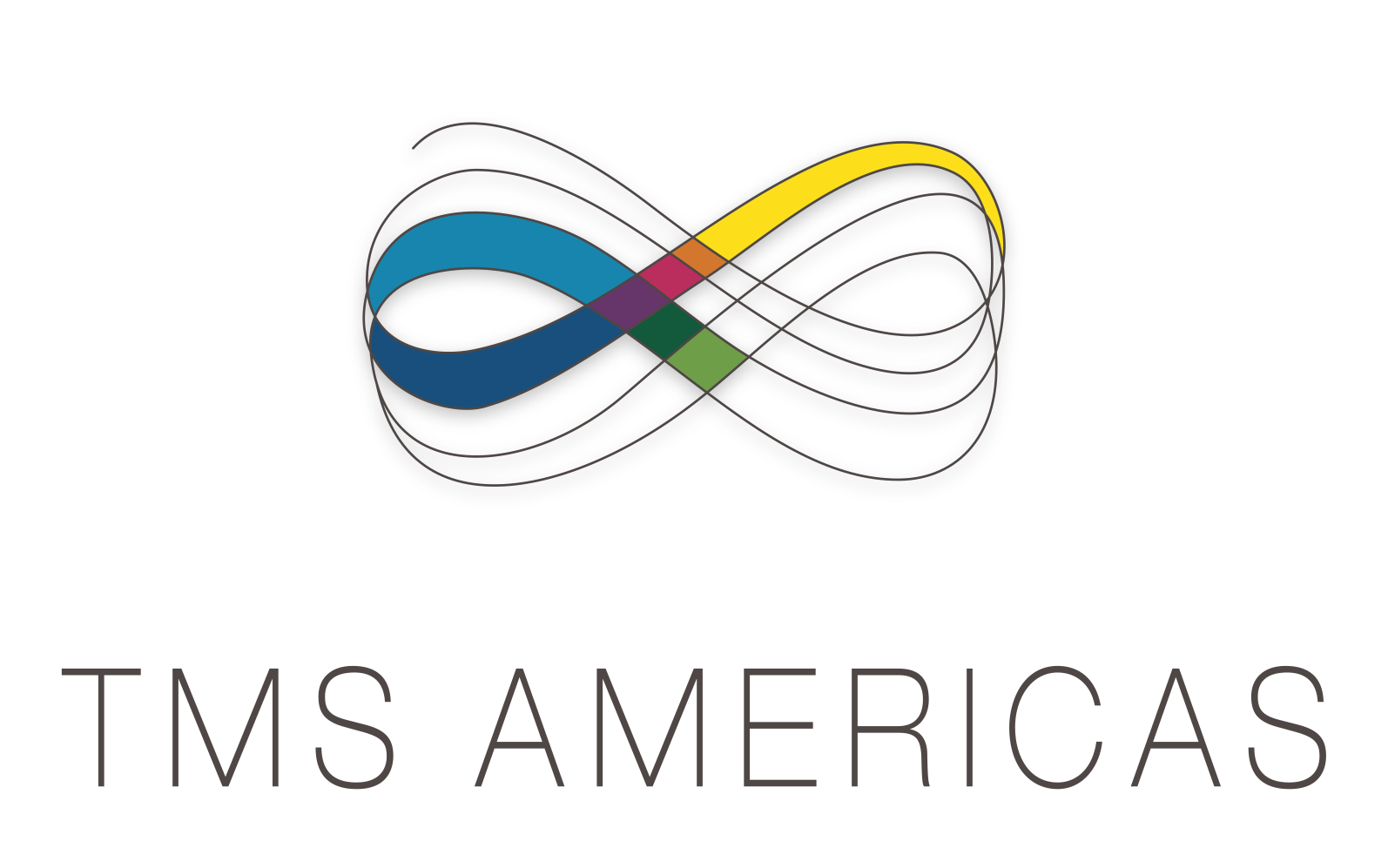Thanks for working with us over the years! It has been a pleasure!
TMS Americas is no longer a distributor of the Team Management Systems assessments.
If you would like to order an assessment, please contact: tms@tmsamerica.com
If you have a general inquiry, please contact: info@tmsamerica.com
The website URL is: www.tmsamerica.com
Tom Gibbons can be reached at – tom@tms-americas.com
